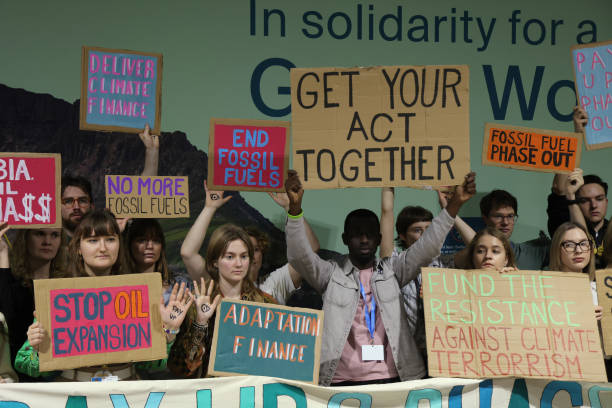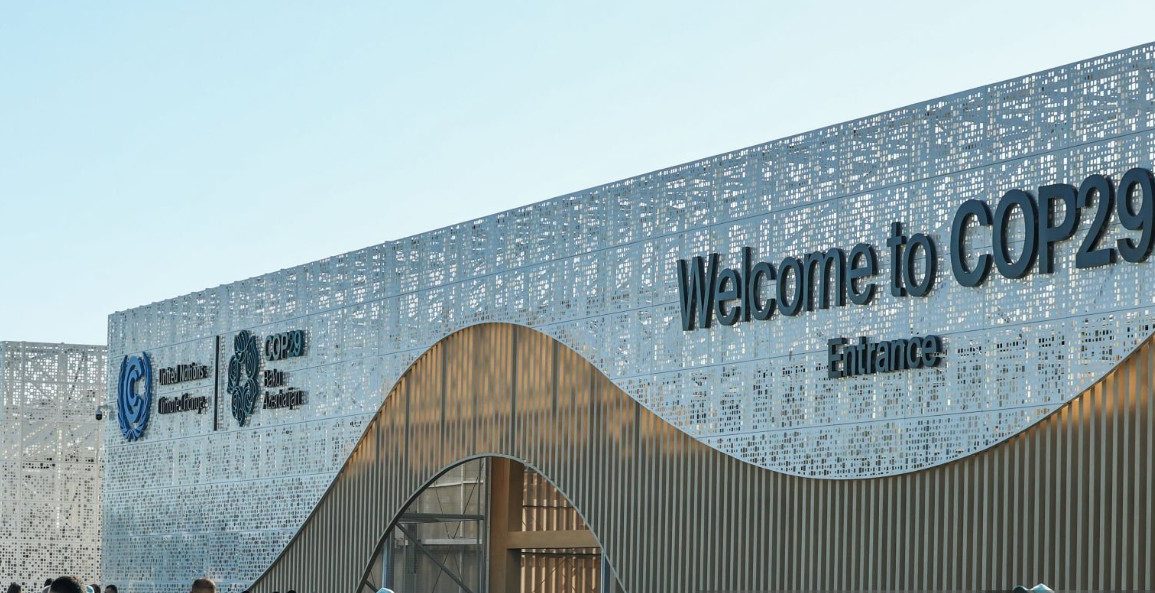The classification of China and India as developing nations under the UN climate framework is facing growing criticism at the ongoing COP29 climate talks.
Delegates from poorer nations argue that these rapidly growing economies should no longer be treated on par with some of the world’s most vulnerable countries.
China, the world’s largest greenhouse gas emitter, and India, now the fifth-largest economy, are still categorized as developing nations under frameworks established in 1992.
This status exempts them from formal obligations to provide financial aid to poorer countries and allows them to be eligible for climate finance, although China does not accept such aid.
Nigeria’s environment minister, Balarabe Abbas Lawal, highlighted the disparity, stating, “China and India cannot be classified in the same category as Nigeria and other African countries.”

He emphasized the need for these nations to contribute to climate finance, given their economic advancements.
His sentiment was echoed by other African negotiators who stressed that the current classification system undermines the needs of truly vulnerable nations.
Colombian Environment Minister Susana Muhamad called the developed and developing country categories “obsolete,” pointing out the challenges they pose to achieving equitable climate finance solutions under the Paris Agreement.
The focus of this year’s talks is on establishing a “new collective quantified goal” for climate finance, targeting $1 trillion annually to help developing nations address climate challenges.
However, progress has been slow, with disagreements over fossil fuel transitions and financial commitments.
Critics argue that while China has contributed approximately $4.5 billion annually to climate finance, much of it comes with conditions that burden poorer nations with debt.
Conversely, Indian representatives maintain that their country still requires financial support to accelerate its green transition, citing low per capita income compared to developed nations.
As the talks progress, addressing these disparities will be crucial for building trust and ensuring that the most vulnerable nations receive the support they urgently need.

